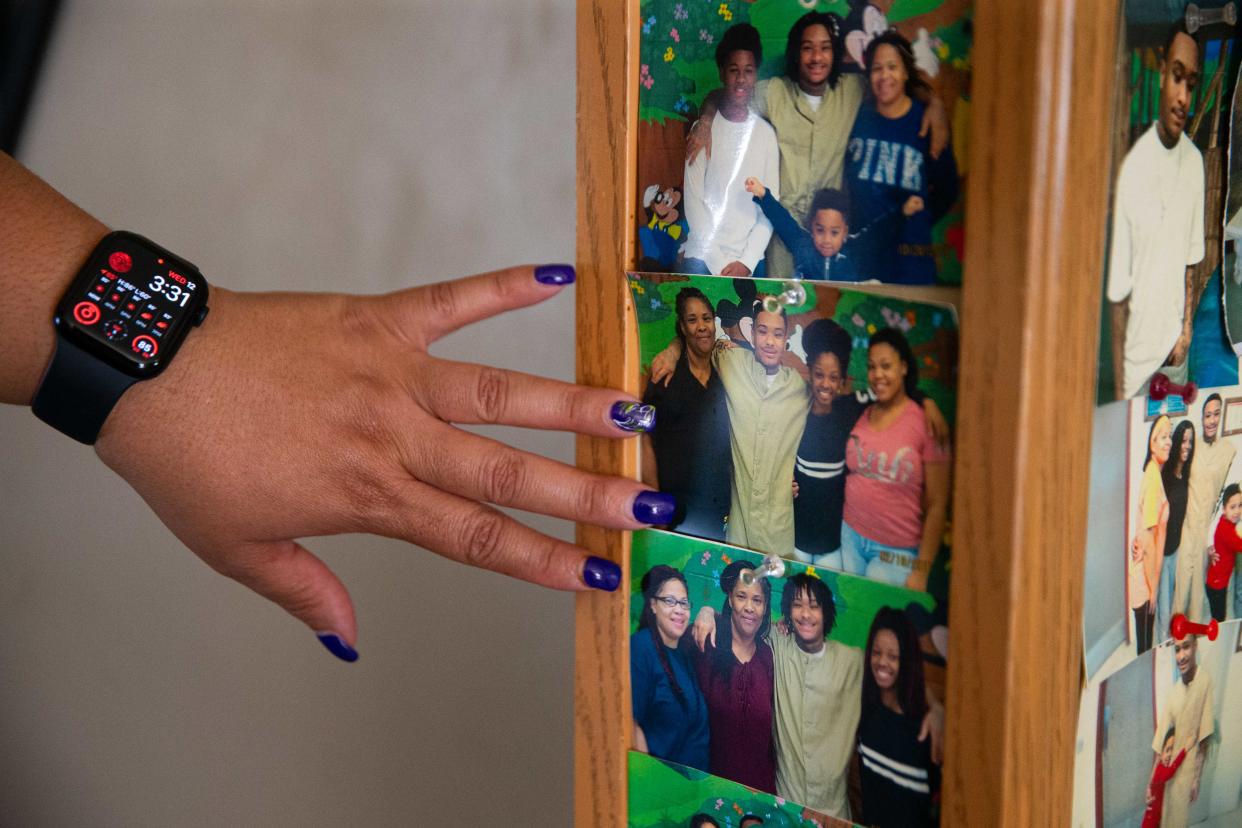Deante Dalton made it only a few minutes into his first class of the day at Elkhart Memorial High School, junior English, before clutching his stomach and asking if he could go to the nurse’s office. When he reached the nurse, he called his mom, Nakia Dalton, to ask if she could pick him up, and she arrived moments later. They left the front office, exited the school, and were steps from the car when the teen stopped and told her he thought the police were coming to arrest him.
At that very moment, the Daltons recall, police from inside and outside of the school converged and threw him against a car as his classmates watched from the window. “They took my baby from school,” Nakia Dalton said. “And I was crying so hard that I didn’t know if I was coming or going.

” Deante Dalton was 16 when he was arrested on Sept. 11, 2014, and charged with , a legal doctrine that allows prosecutors to charge a person with murder if someone dies while the defendant is carrying out certain other non-murder felonies. In Dalton’s case, prosecutors alleged he and two young men — his cousin Dretarrius Rodgers and his friend Freddie Rhodes, both 18 — tried to rob an Elkhart home and, as they fled, one of the inhabitants, Norman Gary, shot and killed Rodgers.
Because Dalton and Rhodes were allegedly in the process of committing a robbery when Gary killed Rodgers, they were both charged with their friend’s murder. From his initial interrogation through his sentencing, Dalton felt a.
















